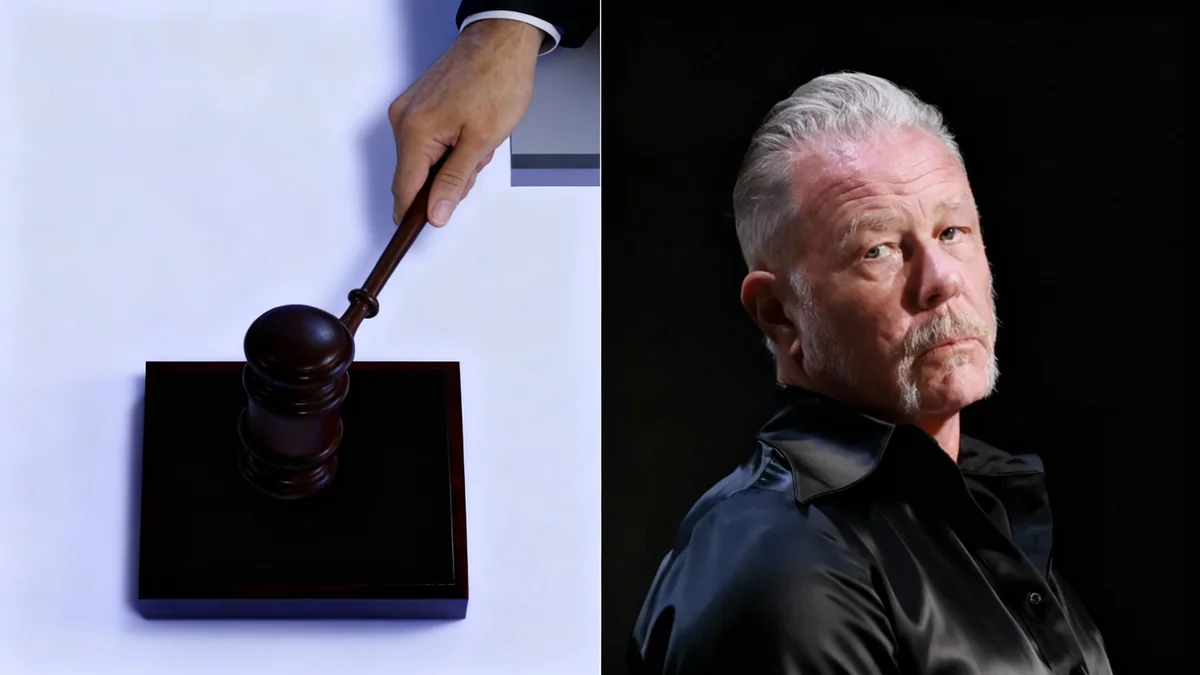A Missouri woman has received a federal prison sentence exceeding four years for attempting to unlawfully sell Elvis Presley's Graceland estate. Lisa Jeanine Findley, 54, used a fabricated company and forged documents in a scheme to conduct a foreclosure sale of the iconic Memphis property.
U.S. District Judge John T. Fowlkes Jr. delivered the sentence in Memphis, questioning the feasibility of the plot. Findley will serve four years and nine months in prison, followed by three years of probation.
Key Takeaways
- Lisa Jeanine Findley sentenced to 4 years, 9 months in federal prison.
- She pleaded guilty to mail fraud in a scheme targeting Graceland.
- Findley created a fake lender and forged documents for a foreclosure sale.
- The sale was halted by a lawsuit filed by Elvis Presley's granddaughter, Riley Keough.
- Prosecutors stated the scheme was sophisticated, while defense argued it lacked real success potential.
Legal Proceedings and Guilty Plea
During the sentencing hearing, Findley chose not to speak on her own behalf. She had previously entered a guilty plea in February to one count of mail fraud. An additional charge of aggravated identity theft was dismissed as part of her plea agreement with prosecutors.
Findley, who resides in Kimberling City, Missouri, was initially charged in August 2024. Prosecutors detailed her false claims that Presley's daughter, Lisa Marie Presley, had borrowed $3.8 million from a fictitious private lender. Findley asserted that Graceland had been pledged as collateral for this alleged loan before Lisa Marie Presley's death in January 2023.
Scheme Details
- Findley claimed Lisa Marie Presley owed $3.8 million.
- She demanded a $2.85 million settlement from the Presley family.
- A fraudulent foreclosure notice was published in a Memphis newspaper.
- Findley posed as three different individuals connected to the fake lender.
The Attempted Sale of Graceland
Authorities stated that Findley threatened to sell Graceland to the highest bidder if the Presley family did not pay a $2.85 million settlement. To advance her scheme, Findley reportedly impersonated three distinct individuals supposedly involved with the bogus lending entity.
She fabricated loan documents and arranged for a fraudulent foreclosure notice to be published in a Memphis newspaper. This notice announced an auction for Graceland, scheduled for May 2024. The audacious attempt baffled experts who quickly identified the names, emails, and documents as likely forgeries.
"This was a highly sophisticated scheme to defraud," Judge Fowlkes stated during the sentencing, emphasizing the gravity of Findley's actions.
Intervention and Legal Challenge
The proposed sale was ultimately halted by a judge after Elvis Presley's granddaughter, Riley Keough, filed a lawsuit. Keough, an actress, inherited the Promenade Trust, which controls the Graceland museum, following the death of her mother, Lisa Marie Presley.
The public notice for the foreclosure sale of the 13-acre (5-hectare) estate claimed that Promenade Trust owed $3.8 million due to a failure to repay a 2018 loan. Keough's lawsuit alleged fraud, leading to an injunction that stopped the auction.
Graceland's Significance
Graceland served as Elvis Presley's home in Memphis until his death in August 1977 at age 42. It opened as a museum and tourist attraction in 1982, drawing hundreds of thousands of visitors annually. An expansive Elvis Presley-themed entertainment complex, located across from the museum, is owned by Elvis Presley Enterprises.
Questionable Documents and Notary Claims
Naussany Investments and Private Lending, the bogus lender created by Findley, was cited in the foreclosure notice as the entity to which Lisa Marie Presley had allegedly used Graceland as collateral. However, Keough's lawsuit contended that Naussany presented fraudulent documents in September 2023 and that Lisa Marie Presley never borrowed money from this company.
Kimberly Philbrick, the notary public whose name appeared on Naussany's documents, provided an affidavit. She stated she had never met Lisa Marie Presley nor notarized any documents for her. The judge noted that this affidavit raised significant questions about the authenticity of the signature on the loan documents.
Key Evidence Against Findley
- Notary Kimberly Philbrick denied ever meeting Lisa Marie Presley.
- Philbrick also denied notarizing any documents for Lisa Marie Presley.
- This affidavit cast doubt on the loan document's signature authenticity.
The Scheme's Collapse and Aftermath
After the judge issued the injunction, an email statement sent to The Associated Press from an address associated with Naussany claimed the company would not proceed with the sale. The statement cited that a key document and the loan were recorded in a different state, meaning "legal action would have to be filed in multiple states." The specific other state was not identified in the email.
Prosecutors revealed that once the scheme began to unravel, Findley attempted to deflect blame. She tried to make it appear as though a Nigerian identity thief was responsible for the fraudulent activity. An email sent on May 25, 2024, to the AP, from the same Naussany-linked address, stated in Spanish that the foreclosure attempt was orchestrated by a Nigerian fraud ring. This ring, according to the email, targets elderly and deceased individuals in the U.S. and uses the internet to steal money.
Defense Arguments and Judicial View
Defense attorney Tyrone Paylor argued for a three-year sentence for Findley. He highlighted that the Presley estate did not suffer any financial loss as a result of the scheme. Paylor also challenged the prosecution's characterization of the plot as sophisticated, calling it a "concocted idea" with no realistic chance of success.
Judge Fowlkes, however, expressed a different view. He stated that it would have been a "travesty of justice" if the sale had been completed. The judge also questioned how Findley believed such a sale could realistically be accomplished, reiterating his view that the scheme was indeed sophisticated.
Findley's criminal history includes previous attempts to pass bad checks. This background, combined with the elaborate nature of the Graceland scheme, contributed to the judge's decision regarding her sentence.




